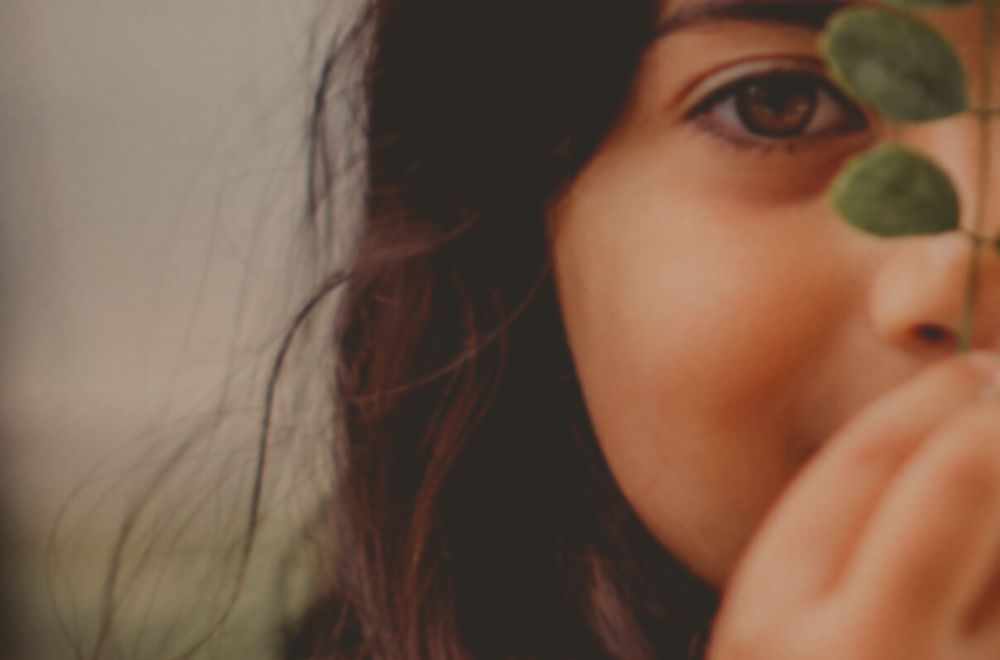Parents don’t cause anxiety. But as parents and the important adults who love them so much, we will certainly catch their anxiety. This is one of the ways we keep them safe: their distress raises ours, to give our bodies what they need to fight for them or flee with them. The is the phenomenal and beautiful power of attachment.
Here’s the rub though. Our capacity to catch their anxiety is vital in times of threat. But when their anxiety is not in response to danger, but in response to things that are safe but challenging, growthful, their anxiety will raise ours in the same way it would if they were in actual danger. The drive to protect them will be every bit as powerful, but unnecessary (because they are safe).
If they are safe, we have to be clear about what we are protecting them from. Protection is there to hold them back from danger, but if on the other side of their anxiety is something safe, growthful, important, this is what the drive to protect will potentially hold them back from. These are also the experiences that will show them they can handle the distress of anxiety, and do the things that are safe, but which feel bigger than them.
Their anxiety will call up ours, as it is meant to. What happens next is up to us. We will send back anxiety, or we can short circuit their anxiety by sending back calm. We will lead by co-regulation or follow in co-dysregulation.
If we calm our own nervous system, it will eventually calm theirs. This doesn’t mean we cause anxiety. We don’t. It means we feel the anxiety that is in them first, as we are meant to. They will catch our anxiety back, or they will catch our calm.
As a parent myself, I know finding calm when our young loves are feeling distress is one of the hardest things we do. It’s also one of the bravest.
Calm breathing will calm our nervous systems enough to bring felt safety to theirs. It softens our faces, our necks (think tilted gently to the side), and our voices. Then, we have everything we need to meet them with love AND leadership: ‘Yes I know this is big. And I know you can handle this. You have more courage in you than you know. I’m going to help you see that for yourself.’



Leave a Reply